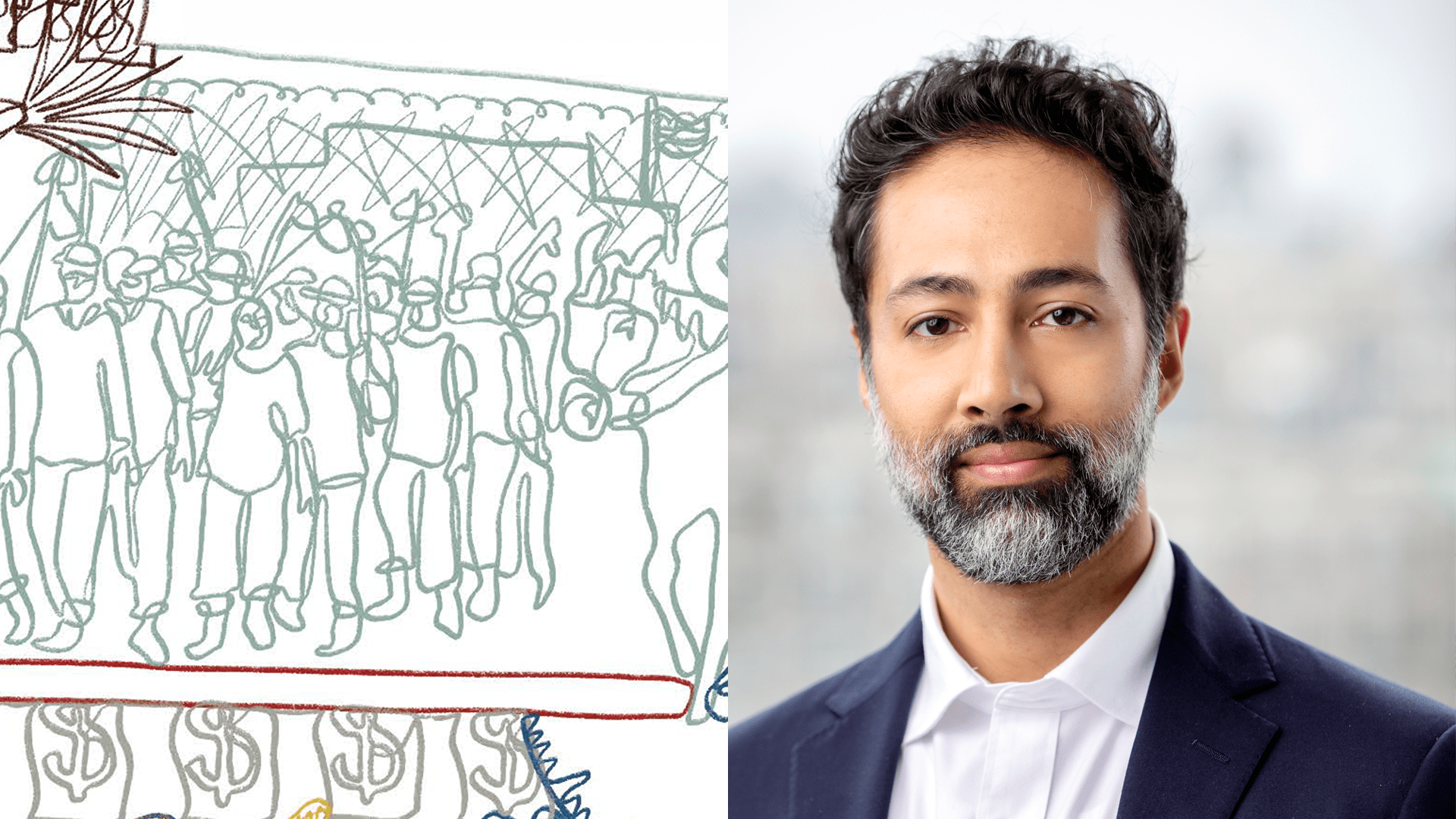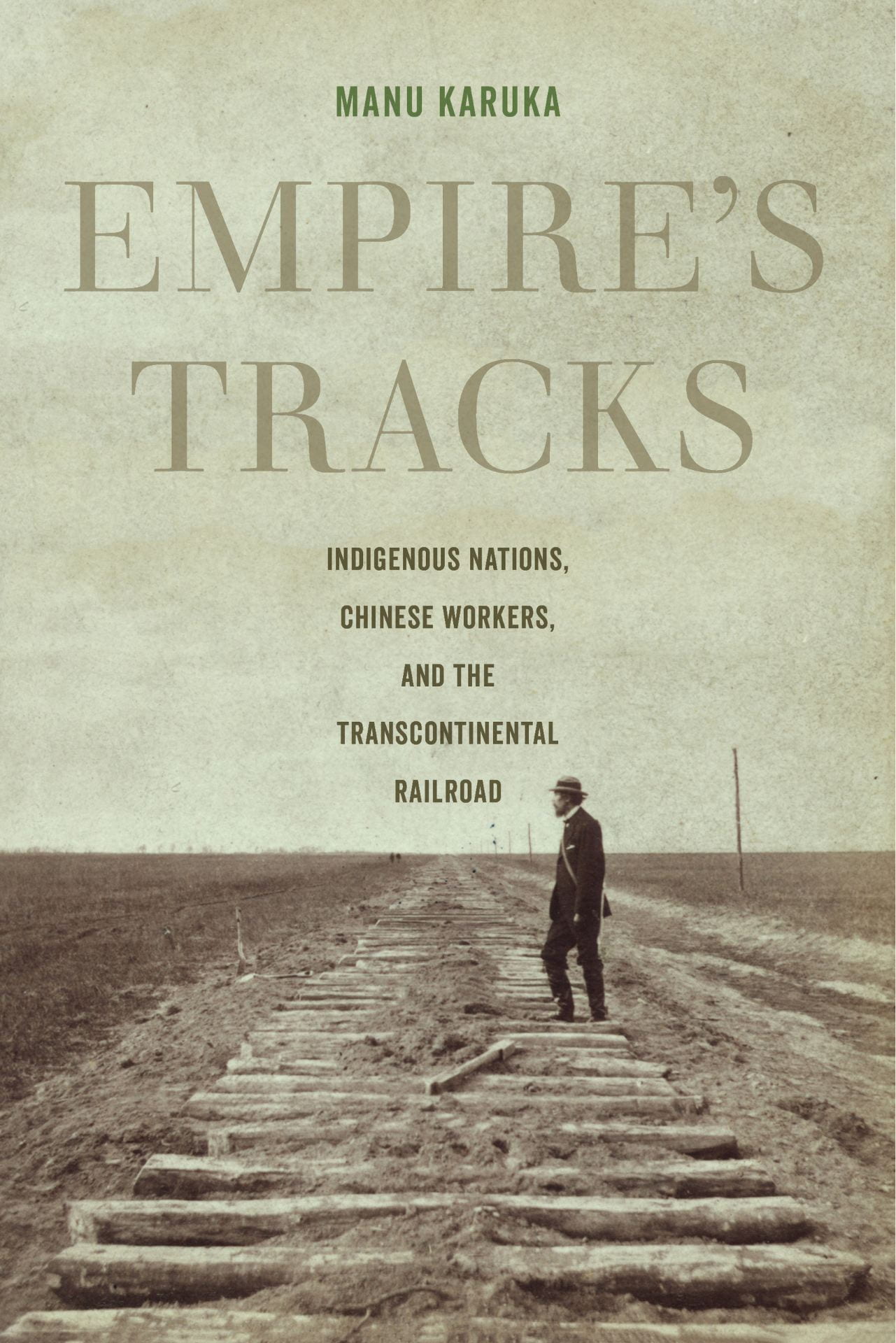
In preparation for the upcoming symposium, Chasing Slavery: The Persistence of Forced Labor in the Southwest, to be held at Texas State University from 24-26 October, in Flowers Hall 230, we will be running a series of posts focused on the conference participants and organizers. The conference will bring together dozens of scholars, with a keynote from Ambassador Luis C.deBaca (ret.). See the conference website for more details.
Today, conference participant Dr. Manu Karuka, Assistant Professor of American Studies, and affiliated faculty with Women’s, Gender and Sexuality Studies at Barnard College, shares with us a bit about his research. He can also be found on Twitter.
 Tell me in four sentences why I should read your book.
Tell me in four sentences why I should read your book.
Dr. Manu Karuka: Empire’s Tracks situates the history of the transcontinental railroad within an international history of imperialism. This framework helps dispel U.S. exceptionalism, as it has constrained historical imaginations. It also clarifies the relationships between processes occurring in North America, and those occurring elsewhere in the colonized world. Such insights can solidify internationalist understandings of North America in the past, and in the present.
What was the most surprising thing you encountered when researching your book?
Dr. Karuka: Working through the archives of Indigenous life in relation to the railroad, I came across records that have been cited in scholarship, and in Congressional testimony, often to deny or dismiss the collective land claims of Indigenous nations. I was surprised to consistently find records that scholars have cited as facts, which actually appear as rumors or questions in archival documents. Thinking about this pattern, I came to call it the “prose of counter-sovereignty.”
What do you hope people will take away from our conference on trafficking, forced labor and labor exploitation?
Dr. Karuka: I believe that unity and solidarity are the primary tools to fight these forms of social suffering. I hope that participants in the conference can build their understanding, and their confidence, towards the necessary work of forging unity and solidarity in our historical moment.
What challenge(s) raised by your research are you still trying to reconcile?
Dr. Karuka: Empire’s Tracks is driven by the question: What does a genuine anti-imperialism look like, from the vantage of North America? I continue to grapple with finding an answer to that question.
Also check out:
- Empire’s Tracks Indigenous Nations, Chinese Workers, and the Transcontinental Railroad
By Manu Karuka (University of California Press, 2019)
